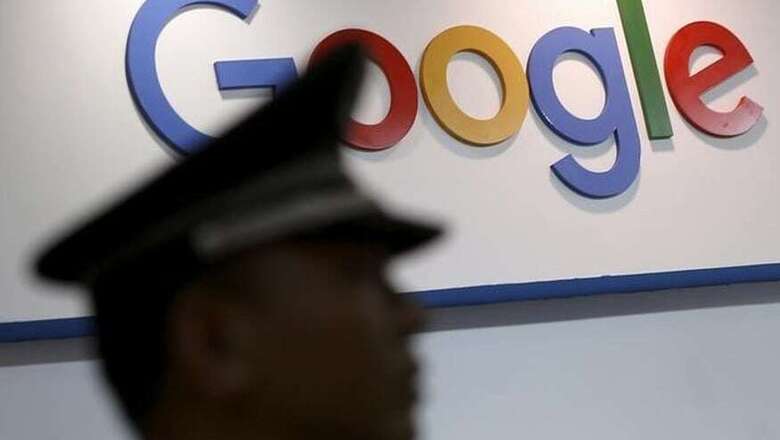
views
Alphabet Inc's Google and Facebook Inc on Monday announced measures aimed at halting the spread of "fake news" on the internet by targeting how some purveyors of phoney content make money: advertising.
Google said it is working on a policy change to prevent websites that misrepresent content from using its AdSense advertising network, while Facebook updated its advertising policies to spell out that its ban on deceptive and misleading content applies to fake news.
The shifts comes as Google, Facebook and Twitter Inc face a backlash over the role they played in the U.S. presidential election by allowing the spread of false and often malicious information that might have swayed voters toward Republican candidate Donald Trump.
The issue has provoked a fierce debate within Facebook especially, with Chief Executive Mark Zuckerberg insisting twice in recent days that the site had no role in influencing the election.
Facebook's steps are limited to its ad policies and do not target fake news sites shared by users on their news feeds.
"We do not integrate or display ads in apps or sites containing content that is illegal, misleading or deceptive, which includes fake news," Facebook said in a statement, adding that it will continue to vet publishers to ensure compliance.
Google's move similarly does not address the issue of fake news or hoaxes appearing in Google search results. That happened in the last few days when a search for 'final election count' for a time took users to a fake news story saying Trump won the popular vote. Votes are still being counted, with Democratic candidate Hillary Clinton showing a slight lead.
Nor does Google suggest that the company has moved to a mechanism for rating the accuracy of particular articles. Rather, the change is aimed at assuring that the publishers on the network are legitimate and eliminating financial incentives that appear to have driven the production of much fake news.
"Moving forward, we will restrict ad serving on pages that misrepresent, misstate, or conceal information about the publisher, the publisher's content, or the primary purpose of the web property," Google said in a statement.
The company did not detail how it would implement or enforce the new policy.
To review sites that apply to be a part of AdSense, Google uses a combination of humans and artificial intelligence and sites continue to be monitored after they are accepted, a former Google employee who worked on ad systems said. Google's artificial intelligence systems learn from sites that have been removed from the program, speeding the removal of similar sites.
The issue of fake news is critical for Google from a business standpoint, as many advertisers do not want their brands to be touted alongside dubious content. Google must constantly hone its systems to try to stay one step ahead of unscrupulous publishers, the former employee said.




















Comments
0 comment